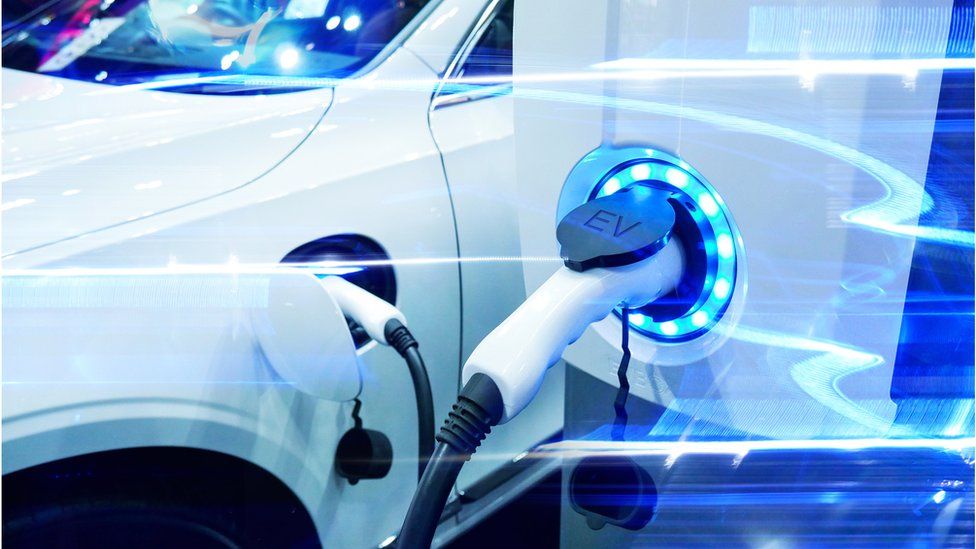The latest survey of 300 UK motorists by Venson Automotive Solutions has revealed that the anticipated 54%[i] rise in electricity and gas bills next month is impacting car buyers’ decisions on switching to electric vehicles (EVs). Although electrified vehicles accounted for more than a third of all new cars leaving dealerships in Februaryii, Venson’s survey showed that a third of motorists currently exploring an EV for their next car, will now research more thoroughly the costs associated with charging it before committing.
It is not just electricity costs that are causing concern for motorists. One in four of those currently driving an internal combustion engine (ICE) vehicle, confirmed to Venson that petrol prices are noticeably pulling on purse strings.
To counter rising ownership costs, 22% of those surveyed said that they will be trying to change their driving behaviour to help reduce their overall ICE fuel consumption in light of the energy price rises, including reducing their speed, number of journeys taken and engine idling in order to save pounds at the pump. Nearly 1 in 3 women aim to make changes to how they drive, compared to 14% of men.
“As with home fuel energy increases, the growing cost per mile will hit us all, regardless of the type of vehicle we drive,” says Alison Bell, Operations Director for Venson Automotive Solutions. “However, whilst those considering buying an EV may fear that global energy price rises will cost them dearly at the charging point, just 3% of motorists we surveyed who today own and drive an EV, expressed any cost concerns.
“The reality is that it costs half the price of an ICE full tank to fully charge an EV battery, and with both electricity and petrol prices rising, this is likely to remain true for the foreseeable future. Research of some of the best-selling EVs, including the Tesla Model 3, Kia e-Niro, Volkswagen ID.4 and Nissan Leaf, confirm EV owners will still make savingsiii.
“Our survey highlights we do not need to preach to the converted, but more does need to be done to educate reluctant EV adopters. The cost savings that owning an EV can bring extend beyond battery benefits, such as service and maintenance too.”
To boost consumer confidence in the financial viability of switching to electric amidst rising energy prices, Venson backs calls for an extension of tax breaks and subsidies for EV buyers and the continuation of the Electric Vehicle Homecharge Scheme (EVHS), due to end in April.
Concludes Alison Bell, “We applaud the UK automotive industry’s new seven-point plan to ensure every driver in Britain can benefit from an electric vehicle charging network that is affordable, available and accessible to alliv. The creation of a new regulatory body, ‘Ofcharge’ (the Office of Charging), to monitor the market, including charging price levels and affordability, will be pivotal in ensuring the UK’s march to electrification does not falter and government meets its net zero ambition.”
Venson has recently published a free white paper ‘Living with your electric vehicle’, which outlines the payment and charging options available today.
[i] According to Ofgem
ii https://www.smmt.co.uk/2022/03/car-industry-calls-for-vat-fairness-on-charging-as-february-market-gets-electric-boost/
iii https://carvine.co.uk/energy-bills-soar-how-much-will-it-cost-electric-cars-owners/
iv https://www.smmt.co.uk/2022/02/uk-automotive-calls-for-ev-chargepoint-mandate-governed-by-independent-regulator-to-level-up-network-for-consumers/

